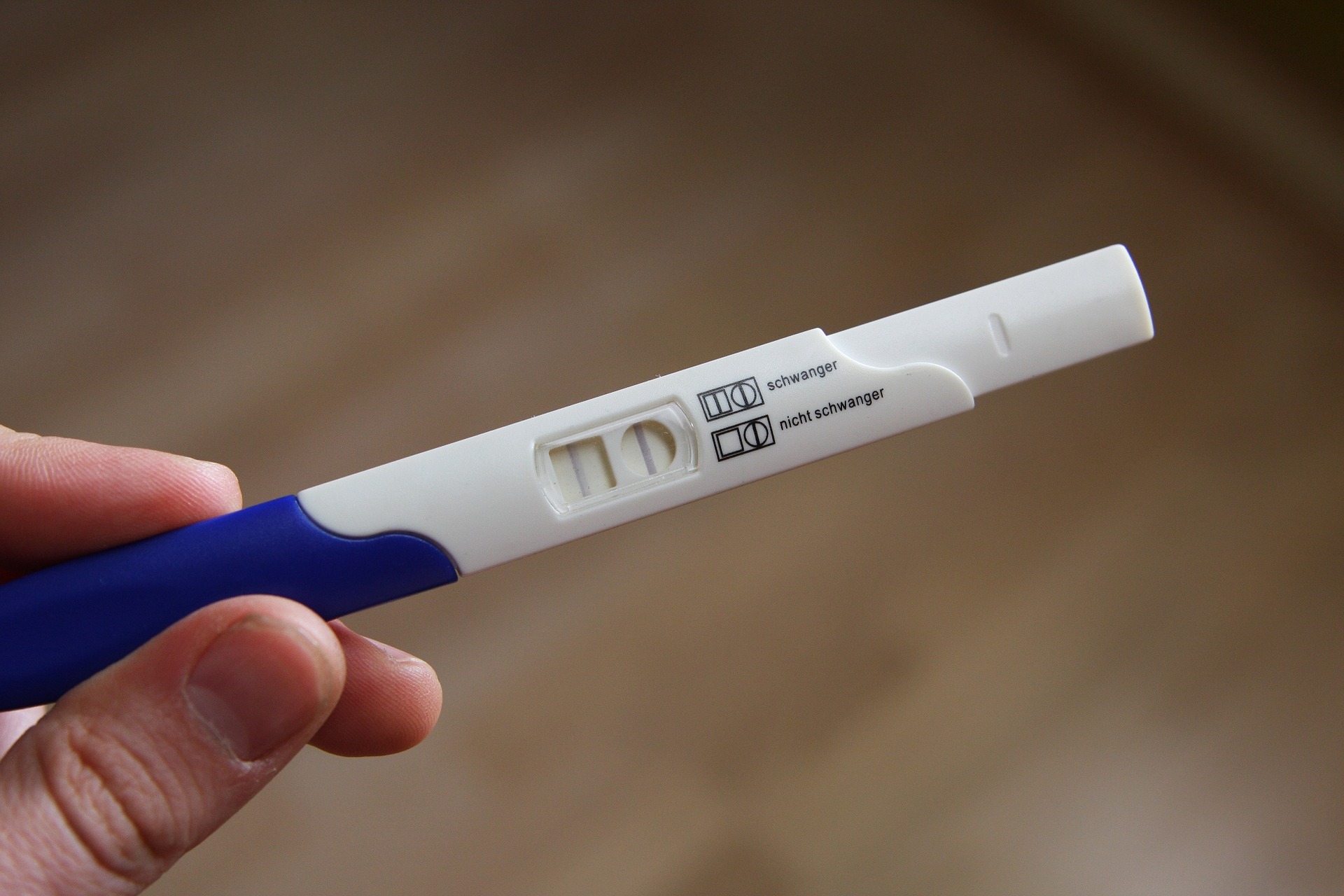A new study, presented at the 2018 annual meeting of the European Society of Human Reproduction and Embryology, suggests that endometrial scratching may not be as efficacious in improving implantation rates as was once thought.
Endometrial scratching is a procedure that is often performed prior to in vitro fertilization (IVF) and embryo transfer in an attempt to improve pregnancy rates. The procedure involves doing a biopsy of the uterine lining. The theory behind why endometrial scratching may be helpful is that by injuring the endometrial lining, there may be increased blood flow and new healthy tissue growth in that area.
To evaluate the efficacy of this procedure, researchers randomized 1,364 women undergoing IVF to endometrial scratching or no procedure. Thirteen fertility centers in five countries participated in the study. The women in the endometrial scratching group had no significant improvement in pregnancy rates and live birth rates compared to women who did not have the procedure performed. There was also no difference in the rates of biochemical pregnancies, ectopic pregnancies, ongoing pregnancies, clinical pregnancies, or multiple pregnancies.
The results of this study contradict many previous studies. Lead researcher, Dr. Sara Lensen, of the University of Auckland in New Zealand, explained, “Results from earlier studies have suggested a benefit from endometrial scratching in IVF, especially in women with previous implantation failure. However, many of these studies had a high risk of bias in their design or conduct and did not provide strong evidence. There was still uncertainty about the validity of a beneficial effect.”
In 2016, Lensen’s group presented a review of the current literature at that time, which showed an almost two-fold increase in the probability of clinical pregnancy for women who underwent endometrial scratching. Lensen recognized the risk of bias in many of the studies though, which is what prompted her group to undertake this large randomized trial.
Lensen concluded, “Our results contradict those of many studies published previously, and although our trial was the largest and most robust study undertaken so far, it can be difficult for one trial to change practice. Nevertheless, even based just on our results, I think clinics should now reconsider offering endometrial scratch as an adjuvant treatment.”
Since the prior data had been so mixed, at Reproductive Partners, we have not generally recommended doing endometrial biopsies for the “scratch effect” alone. Endometrial biopsies prior to IVF and embryo transfer are often recommended though for evaluation of chronic endometritis and/or endometrial receptivity.
